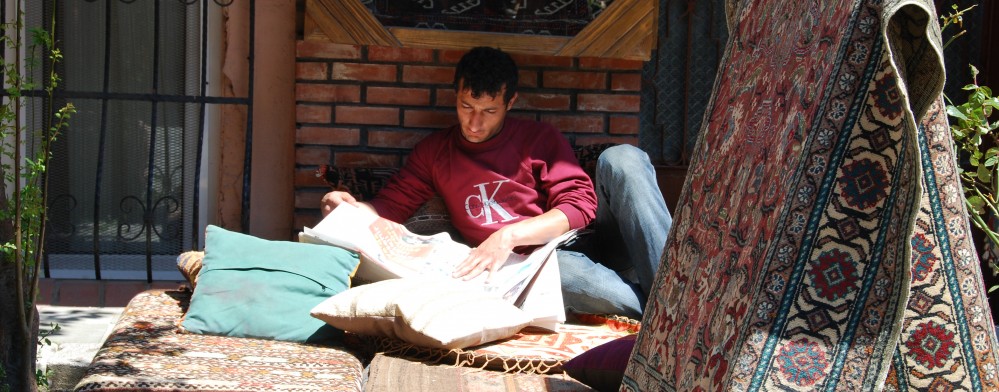The small village in the mountains had a problem. While the farmers had to work hard to do the fields, they had no space left to have their cows out during the day.
So the solution they decided on was that some of the public wasteland of the village was turned into a pasture where they could all have their cows grassing during the day before they had to take them home to the farms.
That was a brilliant solution: Not only had they all shorter ways everyday with getting the cows in and out, but they also could share the cost for a boy watching the cows.
They also decided that they would get together regularly and see what they need to do keep things going, and they also decided that they would share the cost for the boy and the work around the pasture.
All worked well, and all the farmers were quite happy. But after some time the butcher of the village came along and said that he would like to see that the cows should be treated differently to make the meat leaner. But since he would not own cows he didn’t really feel that he should participate in supporting the shared effort of the others.
The farmers talked about it for a while and then came to the conclusion that the butcher should pay the same as they would for the common. While he was not directly using the pasture he was still a beneficiary of the improvement, and he also wanted to give direction on how to use the pasture.
They wet back to the butcher, and after some discussions he understood that it would be to his advantage if helped to his business if he would help to improve the common.
Everybody in the village lived happily ever since.
Also check out Elinor Ostroms’s work.
